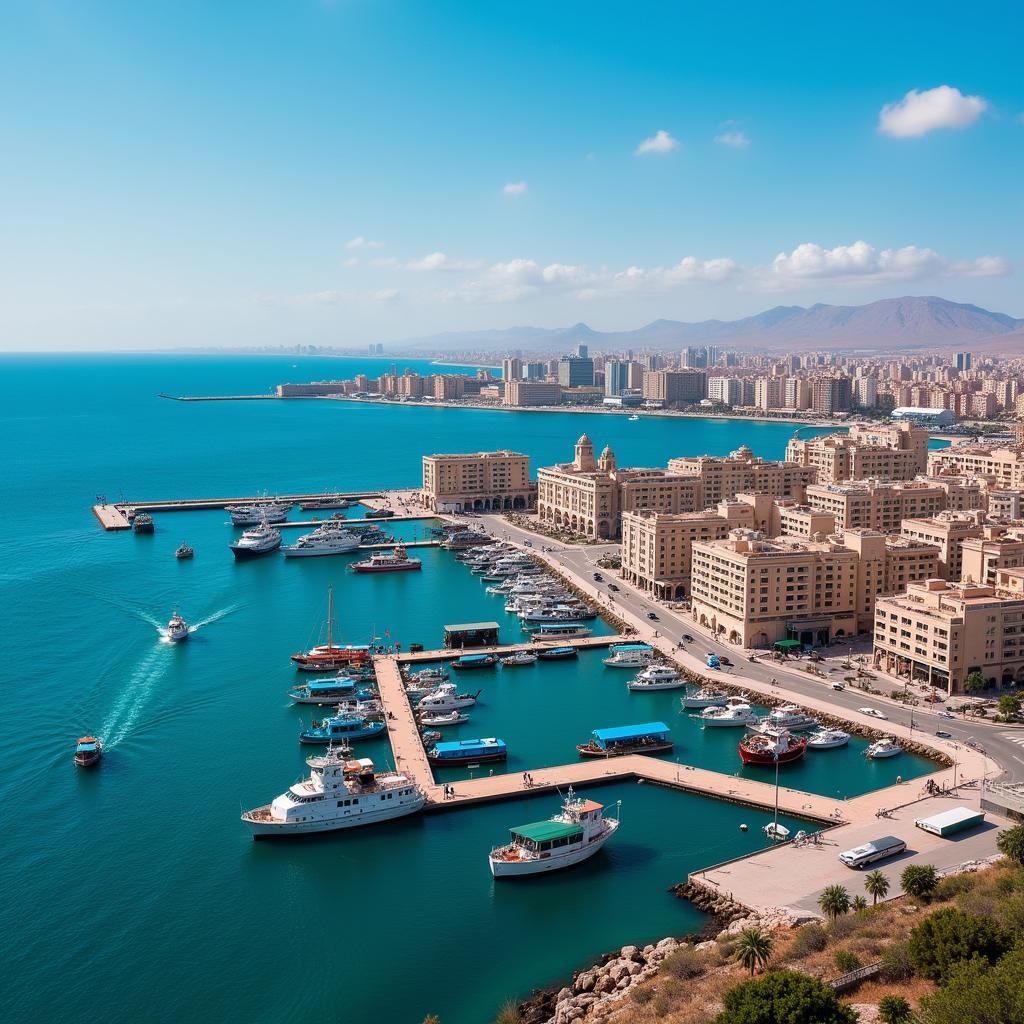Introduction to African Culture: A Journey Through Diverse Traditions
Africa, the second-largest continent, is a vibrant tapestry of diverse cultures, each with its unique history, traditions, and customs. From the bustling markets of Marrakech to the ancient pyramids of Egypt, the continent boasts a rich and complex cultural heritage that has captivated the world for centuries. This article will provide an introductory exploration of African culture, delving into its multifaceted aspects and shedding light on the beauty and depth of this captivating civilization.
The Significance of Culture in African Life
Culture forms the bedrock of African society, shaping every aspect of daily life, from traditional beliefs and values to artistic expression and social interactions. It serves as a powerful tool for preserving history, connecting communities, and fostering a sense of identity. Cultural practices, rituals, and celebrations are woven into the fabric of African Life, creating a sense of belonging and continuity across generations.
A Tapestry of Diverse Cultures
Africa is not a monolithic entity; rather, it is a continent comprising a diverse array of cultures, each with its unique characteristics. From the Maasai people of East Africa, known for their distinct attire and nomadic lifestyle, to the Yoruba people of West Africa, famed for their intricate sculptures and colorful textiles, the continent presents a kaleidoscope of cultural expressions.
The Role of Language and Literature
Language is a cornerstone of culture, serving as a vital tool for communication, preserving knowledge, and shaping individual and collective identities. Africa is home to over 2,000 languages, many of which have rich oral traditions and literary expressions. These languages reflect the unique histories and experiences of various African communities.
The Arts: A Reflection of African Soul
African art is as diverse as the continent itself. From intricate beadwork and wood carvings to vibrant masks and dazzling textiles, African art forms are not only aesthetically stunning but also hold profound cultural significance. Art serves as a means of storytelling, preserving traditions, and connecting with the spiritual realm.
“African art is not just decoration, it’s a reflection of our history, our beliefs, and our way of life.” – Aisha Mwanza, Art Historian
Music and Dance: Rhythms of the Soul
Music and dance are deeply embedded in African culture, serving as powerful expressions of joy, sorrow, and spirituality. Traditional African music is characterized by its rhythmic complexity, use of percussive instruments, and vocal harmonies. Dance forms vary widely across the continent, often incorporating elaborate movements, costumes, and symbolic gestures.
Food and Cuisine: A Culinary Journey
African cuisine is a testament to the continent’s diverse agricultural resources and culinary traditions. From flavorful stews and savory grilled meats to vibrant salads and exotic fruits, African food is a culinary journey for the senses. Many dishes reflect the rich agricultural diversity of the continent, incorporating ingredients like millet, sorghum, cassava, and plantains.
The Impact of Colonization and Globalization
While African culture has long been resilient, it has been profoundly impacted by colonization and globalization. The introduction of Western ideologies, religious practices, and consumerism has had both positive and negative effects on African societies. However, many African communities have managed to preserve their cultural traditions, adapting and evolving in response to these external influences.
The Future of African Culture
Today, African culture is experiencing a resurgence of interest, both within the continent and globally. This renewed appreciation for African heritage is being driven by factors such as the growing African diaspora, the rise of pan-Africanism, and the increasing recognition of African contributions to global arts, music, and literature.
Conclusion
African culture is a rich and vibrant tapestry of traditions, beliefs, and artistic expressions. It’s a journey of exploration, discovery, and appreciation for the diverse communities and heritage that shape the continent. As we continue to learn from and celebrate African culture, we gain a deeper understanding of the human experience and the beauty of diversity in our world.
FAQ
Q: How many languages are spoken in Africa?
A: Over 2,000 languages are spoken in Africa, making it one of the most linguistically diverse continents in the world.
Q: What are some of the most popular African art forms?
A: Some popular African art forms include beadwork, woodcarving, mask making, textiles, and pottery.
Q: What are some examples of traditional African musical instruments?
A: Traditional African musical instruments include drums, xylophones, flutes, harps, and string instruments like the kora and ngombi.
Q: What are some of the challenges facing African culture today?
A: Challenges facing African culture today include the erosion of traditional values, the homogenization of cultural expressions, and the impact of globalization on indigenous communities.
Q: How can I learn more about African culture?
A: You can learn more about African culture by exploring online resources, visiting museums and cultural centers, attending cultural events, and engaging with African communities.


